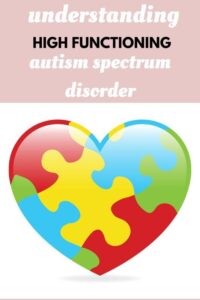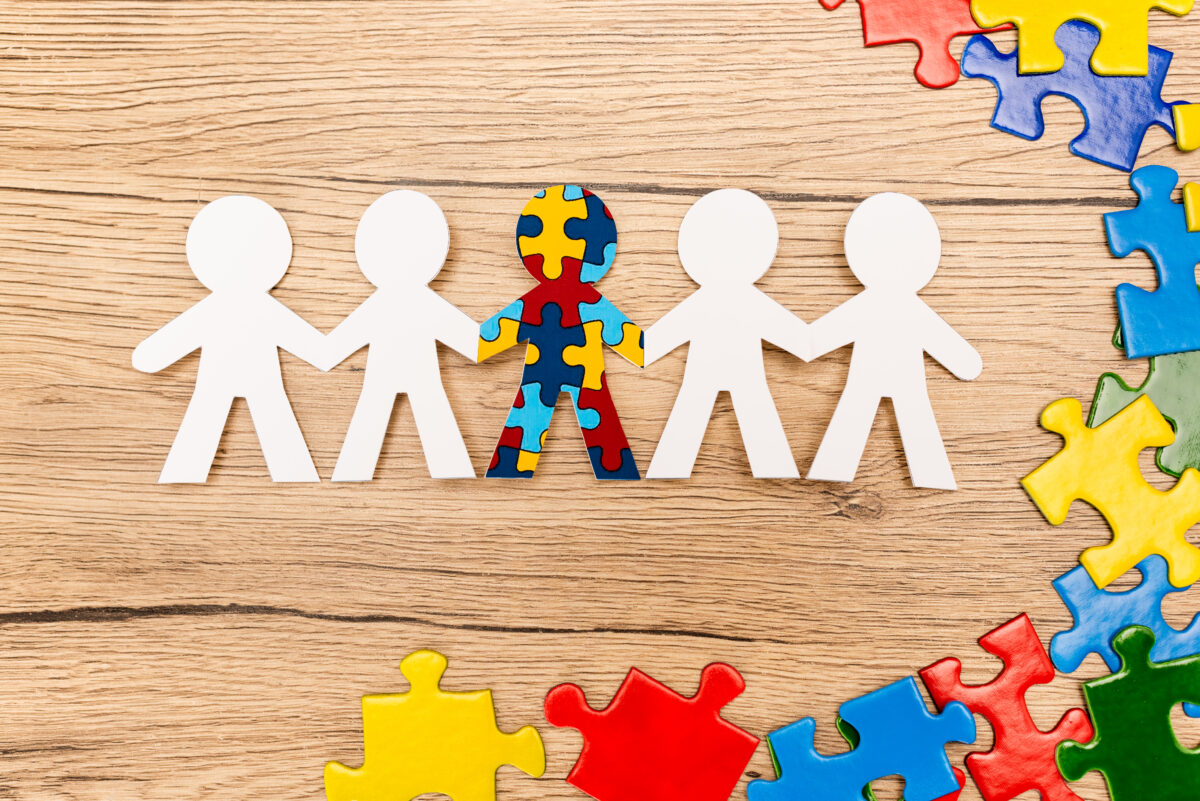
Are you curious to learn more about the signs of autism in toddlers? Maybe you are a parent or caregiver of a child who is exhibiting some signs or autism or you would just like to learn more about it.
In this post we will dive into the symptoms and signs of autism in toddlers and tackle this challenging topic together.
This post was created by Marra Robert, OTD, OTRL. This post contains affiliate links.
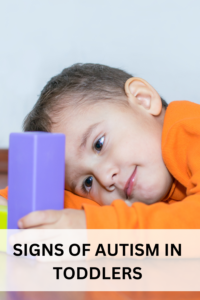
It’s hard not to let the worry of autism cross your mind as a parent nowadays with the rates increasing. According to the National Autism Association, 1 in 36 children have autism, and boys are four times more likely to be diagnosed than girls.
I know this statistic is high, but it is important to understand that autism has recently changed to a spectrum disorder, Autism Spectrum Disorder (ASD). It is a much bigger range that also includes children who would have been diagnosed with Asperger’s.
Hi! My name is Marra and I’m a mama and a pediatric occupational therapist who has years of experience working with children with autism and helping their parents navigate the ups and downs of child development.
I loved being a support person for parents learning about autism, sensory processing, and their child’s individual needs. My job was incredibly rewarding because I witnessed such improvements in the children I worked with.
This post is all about the signs of autism in toddlers. I’m a believer that knowledge is power. Let’s tackle this topic together.
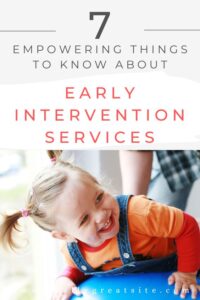
What is Autism Spectrum Disorder?
Before we start examining the signs of autism in toddlers, it’s essential to have a basic understanding of Autism Spectrum Disorder. (ASD). Autism is a complex developmental condition characterized by a range of challenges in social interaction, communication, and repetitive behaviors.
It is called a “spectrum” because it manifests differently in each individual, with varying degrees of severity. The saying is true, “If you know one person with autism, you know one person with autism”.
This saying means that every person with autism is unique and has a different set of strengths and opportunities for growth. Children with autism have a unique way of seeing the world and learning.
This is so important to remember as we start looking at the signs of autism in toddlers. After we examine the symptoms of autism, I will recommend what to do next if you think your toddler might be exhibiting some of these signs. So, no worries! We’ve got this!

Signs of Autism in Toddlers
1. Sensory Processing Difficulties
Many children with autism have difficulty processing sensory input from their environment and have unique sensory needs. This is common. It’s also important to remember that not all children with sensory processing difficulties have autism.
Sensory processing needs occur in children who do not have autism. It’s just talked about with autism because the majority of children with autism have sensory processing difficulties.
So what is sensory processing? Sensory processing is our ability to take in information from our environment through our 8 sensory systems, process it and try to understand it, and then choose an appropriate response.
Yes, we do have 8 sensory systems. We have our more commonly known senses including sight, sound, taste, smell, and touch. We also have 3 additional sensory systems that are less well known: our vestibular, proprioceptive, and interoceptive sensory systems.
Our vestibular sense is our sense of balance, and it is how we sense movement and respond to gravity. Proprioception is our sense of body awareness and deep pressure. Interoception is how our body is feeling. If you’d like to learn more about sensory processing, check out the post below.
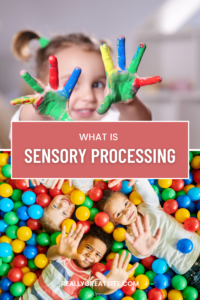
Our brains are constantly receiving a ton of information from all 8 of our sensory systems. That’s lot of input for our little one’s to process. Some children have a more difficult processing sensory information and this can impact their play, social skills, and participation in daily activities.
Toddlers with autism other have difficulty processing sensory information. Some children could need more sensory input to maintain a calm regulated nervous system while others are sensitive to different input.
Sensory sensitivity may present itself in certain behaviors such as decreased eye contact, sensitivity to touch, sound, and bright lights, or picky eating. Remember not all toddlers with sensory processing difficulties has autism but the majority of toddler who have autism have sensory processing difficulties.
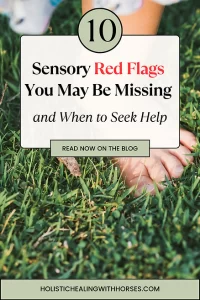
2. DECREASED EYE CONTACT
Decreased eye contact is a common thought about sign of autism in toddlers. As mentioned before this is often part of sensory processing difficulties as mentioned be.
It’s so important to understand this and know that lack of eye contact with a child is not associated with a lack of interest, care, or listening.
There is a big part of brain that is dedicated to human facial recognition. This is why it is so much easier of us to know the difference between 2 different people than to recognize the difference between animals, like 2 cows.
Because of this, looking at a human face is one of the most intensive sensory experience and it is very unpredictable.. Facial expressions change, they make noise with voices, and this can be too overwhelming for a young child who is struggling to process their sensory environment.
It’s important not to force a child to make eye contact with you and to work on other ways of finding social connections that are more comfortable for them.
3. Decreased Social Skills
Decreased social skills is another common sign of autism in toddlers. This can present in the form of difficulty picking up on social cues and a preference to playing a lone then playing with family members or peers..
I’m hesitant to say “lack of interest in playing with peers,” which is often said because I believe this is an unfair assumption. Just because a child might not engage with peers does not mean they have no interest in others or don’t want to play. They may simply not know how.to engage with others.
Social skills often do not come naturally for children with autism. They might need extra help and practice to strengthen these skills.
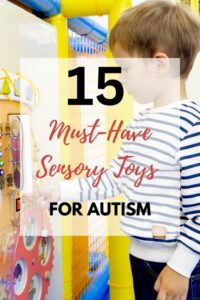
4. Lack of Response to their name
Another sign of autism in toddlers is when they have difficulty responding to their name,. This is often related to difficulty processing auditory sensory information.
For some toddlers, they are overwhelmed by the amount of sensory input they need to process all the time. Part of sensory processing involves not only receiving all of the sensory information from our environment but filtering through it and knowing what is important to focus on.
So if a toddler is not responding to their name, they might be focusing on something else in their environment and have difficulty processing their name being called and knowing they should respond to it.
Difficulty with communication can be another sign of autism in toddlers. Children with autism often experience a delay in the development of their communication skills. This could be due to differences in how they learn or difficulty with auditory sensory processing.
Toddlers with autism often have difficulty understanding directions and expressing their wants and needs. This can be really frustrating. Speech therapy can be very beneficial at offering alternative methods of communication.
Echolalia is also common in children with autism. This is when they repeat phrases they here from others or movies. They repeat these phrases because they like them and not for functional communication.
One of the main ways we communicate with each other is through nonverbal communication. Toddlers with autism often have difficulty with non verbal communication. This can lead to difficulty with social skills and interacting with peers.
6. Delay in Cognitive Development
Delay in developmental skills such as cognitive skills as well as other skills can be a sign of autism in toddlers. It is important to note that not all children and adults with autism have intellectual difficulties.
In fact some of the most brilliant thinkers were thought to be on the autism spectrum. Check out the book linked below. Our world would not exist as it does today without people on the autism spectrum.
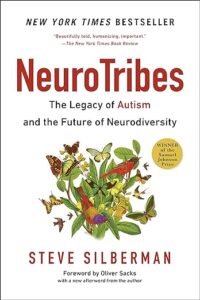
7. Repetitive Movements
Repetitive movements are a common sign on autism in children with autism. Repetitive movements or stimming often appears when children are excited or anxious. Some children do it more than others.
From a clinical perspective, I do not see a problem with repetitive movements as long as they are not self-harming or harmful to others. I am a firm believer that we need to be more inclusive in our neurodiverse world.
8. Limited Play Patterns and Skills
A common sign of autism in toddlers that you might have heard of is lining up toys or fixation on certain toys or objects. I take this approach and view these habits as a problem.
There isn’t anything wrong with having a strong preference for an object or toy or lining up toys. Instead we want to focus on diversifying play skills. It’s perfectly fine to line up toys and objects, but is the child able to play in other ways?
Play is the most important occupation of early childhood. It is not only to entertain the child, but it is through play that they learn and develop important foundation skills.
We want to encourage young children to play with diverse toys in many ways. Instead of focusing on whether or not your child is lining up their toys, focus more on what other play skills they have and how we can create space and opportunities for new ways to play.
9. Hyper Focus Play
This sign of autism in toddlers is very closely related to the previous one. Hyper focusing on objects and certain activities is a common sign of autism in toddlers.
This may be due to overwhelming sensory input in their environment and the comfort that the object or activity they enjoy brings them. Again, I think we should focus on increasing comfort with new play opportunities instead of decreasing time with preferred objects and activities.
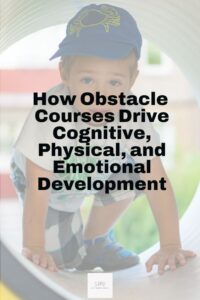
10. Difficulty with Emotional Regulation
Due to sensory processing and communication difficulties another sign of autism in toddlers is difficulty with emotional regulation. It can be really hard to try and fit in to an environment and social world that is not designed for a neurodiverse population.
Difficulty with regulating emotions can present itself as frequent tantrums and some rigidity in behaviors. Some children can have big emotions with simple challenges or changes in routines.
Transitions and new experiences that change their routine can be very challenging. It’s important to show compassion and understanding to our little ones trying to navigate the world.
Next Steps
Ok, so we’ve covered 10 common signs of autism in toddlers. If you read through this and you found one or two that your toddler exhibits, I wouldn’t be concerned.
If your little one is experiencing the majority of these signs, that still doesn’t really mean anything, except it might be comforting to talk to a professional. An occupational therapist is a great resource, and I am more than happy to chat and answer any questions you may have. Just message me.
Some other great resources are speech therapists and your pediatrician. Just take things one step at a time and learn as much as you can. Knowledge is power!
Remember that you as the parent are the expert of your child because no one knows them better than you. Trust your gut over everything else!
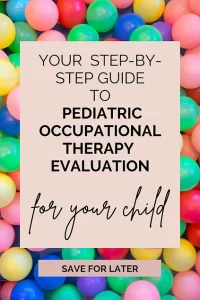
Recognizing the signs of autism in toddlers is a crucial step toward providing timely support and intervention. It’s important to note that every child is unique, and developmental milestones can vary.
Early intervention services, such as speech therapy and occupational therapy, can significantly impact a child’s developmental trajectory.
Remember, as a parent, you play a pivotal role in your child’s journey. Stay informed, trust your instincts, and seek professional help when needed. With the right support and resources, children with autism can thrive and reach their full potential.

